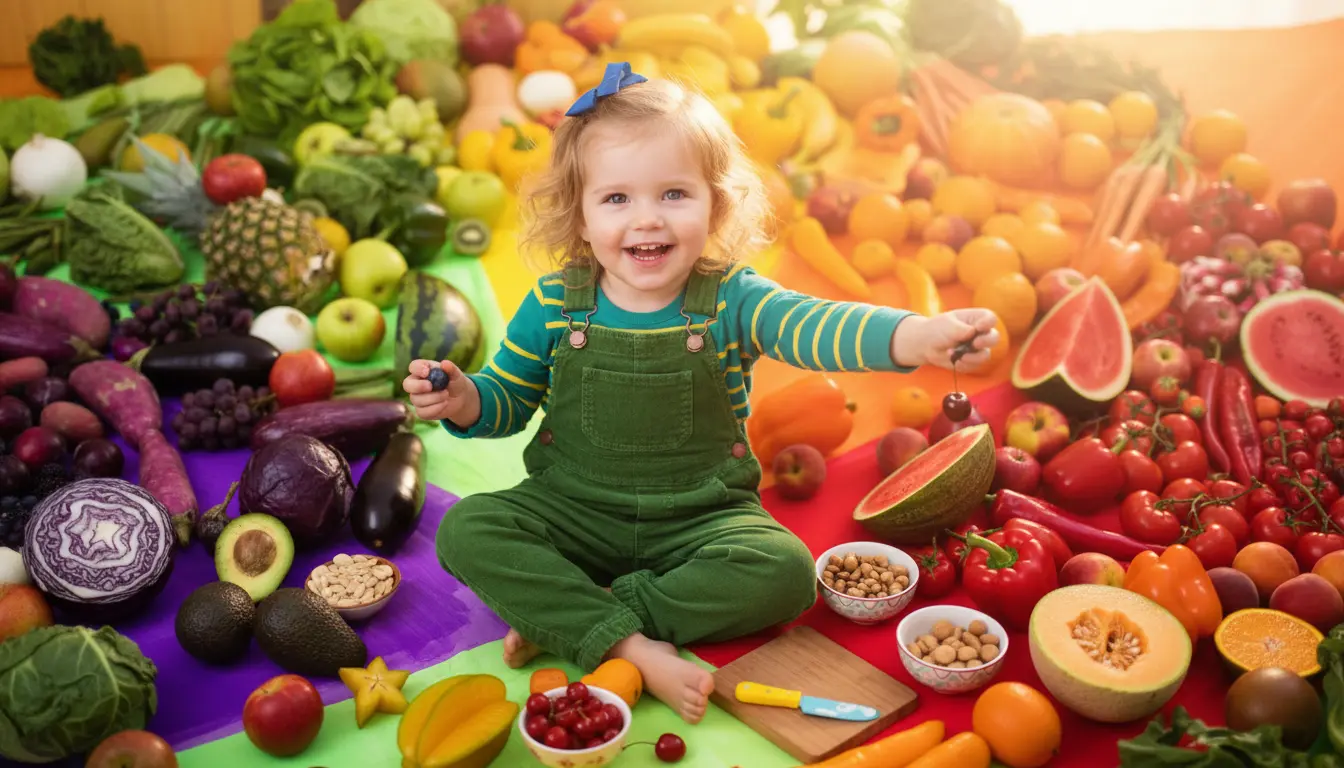A Worrying Lack of Variety in Kids’ Diets
According to a recent OpinionWay survey carried out for HelloFresh in July, nearly one in four children eats no more than five different foods over the course of a week. That’s right: five. And if you think kids are just being picky, the statistics go further—76% of children between the ages of 8 and 18 have never tried certain vegetables, like bok choy or parsnip.
More than half of parents confess they’re in a “constant struggle” to get their kids to eat these elusive veggies. The reasons vary. Some families point to tight budgets, while others simply don’t have the time. The result? Kids’ plates remain unbalanced, and tiredness can hit them as early as breakfast time.
“The body is like a set of scales,” says Laurence Plumey, a physician-nutritionist and founder of the Napso-Therapy method. “It’s all about balance. We have to respect it and give it what it needs to feed the billions of cells that make us who we are.”
Vegetables: The Missing Guests at Dinner
So, who—or rather, what—is missing from children’s plates? Vegetables, of course. Many parents admit they simply don’t know how to prepare them in a way that appeals to their kids. Laurence Plumey understands:
“Pressed for time, parents end up making something fast and easy at night. The classic menu—steak, chicken, rice or pasta—gets universal approval. Just add cheese to the pasta to make it taste good! No one likes plain boiled vegetables. You need culinary creativity to make them enjoyable.”
Plumey isn’t surprised by these survey findings. She believes our issue with vegetables is a reflection of our overall poor dietary habits:
“Even at restaurants, you rarely find vegetables on the menu. It does children no favors to limit them like this. The less they eat vegetables as kids, the less likely they are to enjoy them as adults.”
Why Veggies Matter—A Lot
Despite everything, vegetables are still our greatest nutritional allies. Packed with vitamins (like B, C, and K), minerals, fiber, and phytonutrients, they’ve got some serious health benefits:
- They help fight off diseases (yes, even cancer)
- Boost blood vessel health
- Sharpen our memory
- Power up our immune system
- Delay the effects of aging
They’re low in calories, which helps maintain a healthy weight and avoid extra pounds. Veggies hydrate us and allow our bodies to regenerate.
“All foods complement each other. A healthy diet must be varied: you’ll only get calcium from dairy, there’s no substitute; fiber and antioxidants can only be found in fruits and vegetables; and energy-rich proteins are hidden in eggs. We need everything, in moderation,” adds Laurence Plumey.
How to Bring Veggies Back to the Table
For Plumey, veggies should be part of every meal:
“Raw or cooked, they offer things that no other food does. They aid digestion: the gut microbiome loves vegetables, but you should know that starches ferment and disrupt it.”
The amount of vitamins and nutrients differs from one fruit or vegetable to another. Plumey recommends mixing things up:
“We’re lucky in France to have so many vegetable varieties. You can make them into soups, salads (with lettuce, tomatoes, endive, and so on), gratins (cauliflower, spinach…), or simply boil some carrots.”
Her tip: prepare them in advance. Still, 42% of the parents surveyed don’t cook vegetables because they don’t like them—and, as a result, their children never taste them either. They admit that spending time in the kitchen helps families discover new foods. Cooking together not only involves kids in the meal (sometimes changing even the pickiest eater’s mind!), but also empowers them.

